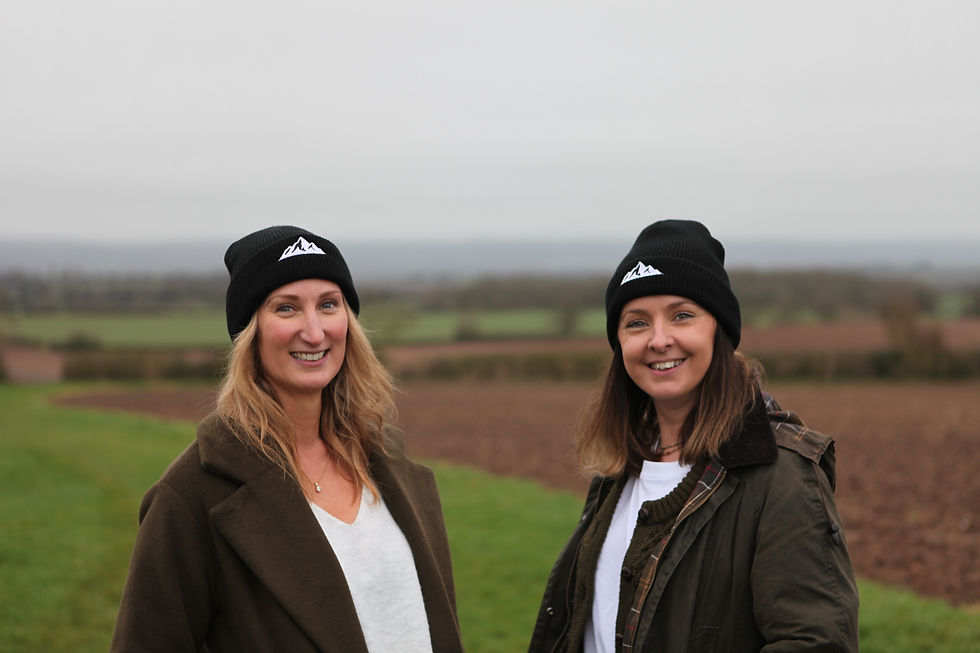This Month's Podcast: From Rupture to Repair
- admin29230
- Sep 30, 2025
- 2 min read

Relationships are at the heart of every child’s experience within residential care. For many young people, especially those who have experienced trauma, those relationships can be complex - marked by moments of connection but also by rupture, conflict, or disconnection.
In this month’s podcast episode, we take a closer look at how practitioners in children’s homes can navigate these challenges. Ruptures are not a sign of failure; they are an inevitable part of any relationship and what matters most is how we respond to them.
Moving Beyond Behaviour Management
Too often, the instinct in care settings is to focus on managing behaviour in the moment and whilst boundaries are important, this approach can miss the deeper therapeutic opportunity that repair offers. By stepping back, reflecting, and engaging with children in a way that prioritises empathy, curiosity, and acceptance, practitioners can transform moments of conflict into pathways for healing.
Repair as a Therapeutic Process
Repair is not just about “making up” after a disagreement, it’s about rebuilding trust, showing consistency, and demonstrating to children that relationships can survive challenges. For children in residential care, who may carry histories of loss, rejection, or disrupted attachments, this message is powerful. Repair teaches resilience, both for the child and the adult, and strengthens the foundation for a secure relationship.
Why This Matters
When staff are equipped to approach rupture and repair as part of everyday practice, children experience relationships that feel safe, reliable, and nurturing. These are the conditions in which trust can grow, and where children can begin to develop the confidence that relationships can be stable and enduring, even when tested.
Join the Conversation
Tune in to this month’s episode to hear insights, reflections, and practical strategies on how to bring the therapeutic power of repair into daily practice. Whether you are a practitioner, carer, or professional working with children in care, this episode will encourage you to see moments of rupture not as obstacles, but as opportunities for growth and connection.





Comments